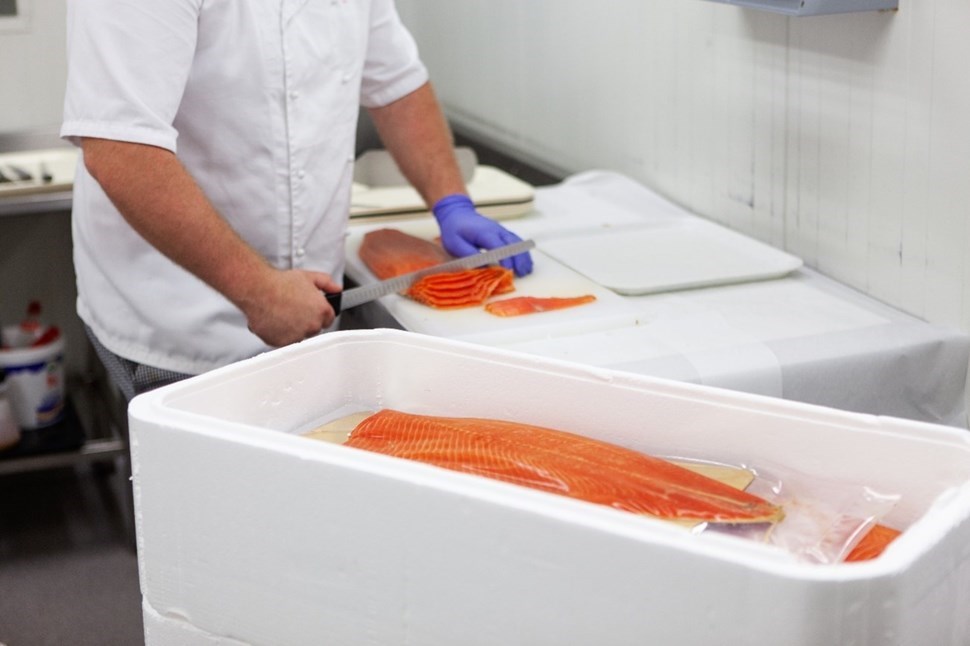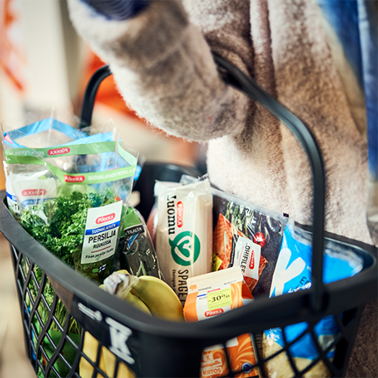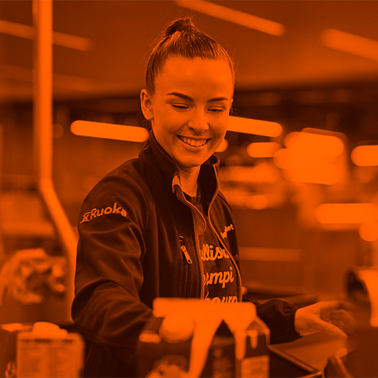Finland is lagging behind in its achievement of the EU’s targets to reduce the use of plastic carrier bags and for recycling plastic. New measures are needed and both businesses and customers must be involved. Customers are being encouraged to reduce...

A new way to recycle EPS – K-food stores’ fish boxes will become a raw material for the insulation industry

The use of EPS, which is more commonly known as styrofoam, in the production of recycled raw materials is generally considered challenging. Companies’ EPS packaging is usually burned as energy waste. The pilot project to recycle K-food stores’ EPS fish boxes started at the end of February 2022. Nine major K-food stores in the Helsinki metropolitan area participated in the four-week pilot.
“Fish boxes are no longer burned. Instead, they are recycled to create new products in the spirit of the circular economy. Around 10,000 fish boxes were recycled during the pilot project. We are continuously looking for new solutions to promote the circular economy, and we hope that it will be possible to collect EPS fish boxes more extensively in the future,” says Timo Jäske, Vice President of Sustainability for Kesko’s grocery trade.
K-Citymarket Jumbo in Vantaa is one of the stores that participated in the pilot.
“We want to contribute to the circular economy, which is why we were enthusiastic about this experiment. We have already reduced the use of plastic by transporting some of the incoming fish in wood-fibre-based boxes, but we still use quite of a lot of EPS boxes. It’s great that a new way to reuse EPS boxes has now been discovered,” says Sami Hertell, the retailer at K-Citymarket Jumbo.
The idea of recycling fish boxes emerged in the plastic working group of Kesko and L&T, which seeks solutions for plastic side streams in K Group’s operations. L&T was responsible for collecting the fish boxes during the pilot project.
“EPS is an effective solution in maintaining the cold chain, but it’s difficult to recycle. It’s great that we have found a solution for recycling this challenging material. The best circular economy solutions always arise from cooperation between partners,” says Marko Turunen, Account Manager at L&T.
After the fish boxes have been collected, they are compacted for easier transport and processing at the BEWI plant in Tarvasjoki. The compacted material is transported to L&T’s plastic recycling plant in Merikarvia, where it is converted into a recycled raw material for the insulation industry. The entire process takes place in Finland, and its end result is insulation board.
K Group is committed to promoting the circular economy
The circular economy is a strategic choice for K Group and one of the cornerstones of its sustainability work. The transition to a circular economy requires more efficient material cycles and close cooperation between companies to create new solutions.
K Group is participating in the new period of the food industry’s material efficiency commitment, which started at the beginning of March 2022. Through the commitment, K Group seeks to improve its recycling rate significantly. K Group offers all K-food stores and building and home improvement stores in Finland the opportunity to participate in the national centralised Circular Economy Agreement, which already covers more than 800 stores and K Group locations. Currently, around 80% of the waste generated by the K-food stores is recycled.
 YES
YES
 NO
NO












